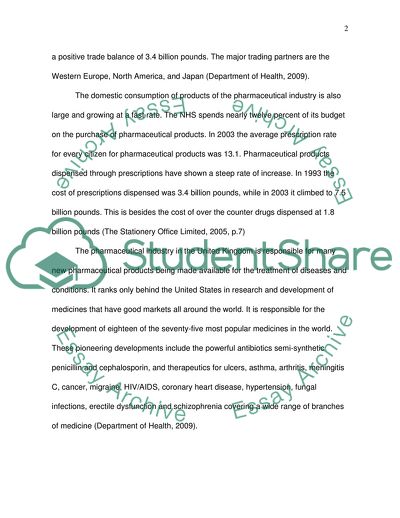Cite this document
(Effective Management to Standardize Quality Services in Pharmaceutical Research Proposal, n.d.)
Effective Management to Standardize Quality Services in Pharmaceutical Research Proposal. Retrieved from https://studentshare.org/health-sciences-medicine/1724947-effective-management-to-standardize-quality-services-in-phermaceutical-industry
Effective Management to Standardize Quality Services in Pharmaceutical Research Proposal. Retrieved from https://studentshare.org/health-sciences-medicine/1724947-effective-management-to-standardize-quality-services-in-phermaceutical-industry
(Effective Management to Standardize Quality Services in Pharmaceutical Research Proposal)
Effective Management to Standardize Quality Services in Pharmaceutical Research Proposal. https://studentshare.org/health-sciences-medicine/1724947-effective-management-to-standardize-quality-services-in-phermaceutical-industry.
Effective Management to Standardize Quality Services in Pharmaceutical Research Proposal. https://studentshare.org/health-sciences-medicine/1724947-effective-management-to-standardize-quality-services-in-phermaceutical-industry.
“Effective Management to Standardize Quality Services in Pharmaceutical Research Proposal”. https://studentshare.org/health-sciences-medicine/1724947-effective-management-to-standardize-quality-services-in-phermaceutical-industry.


